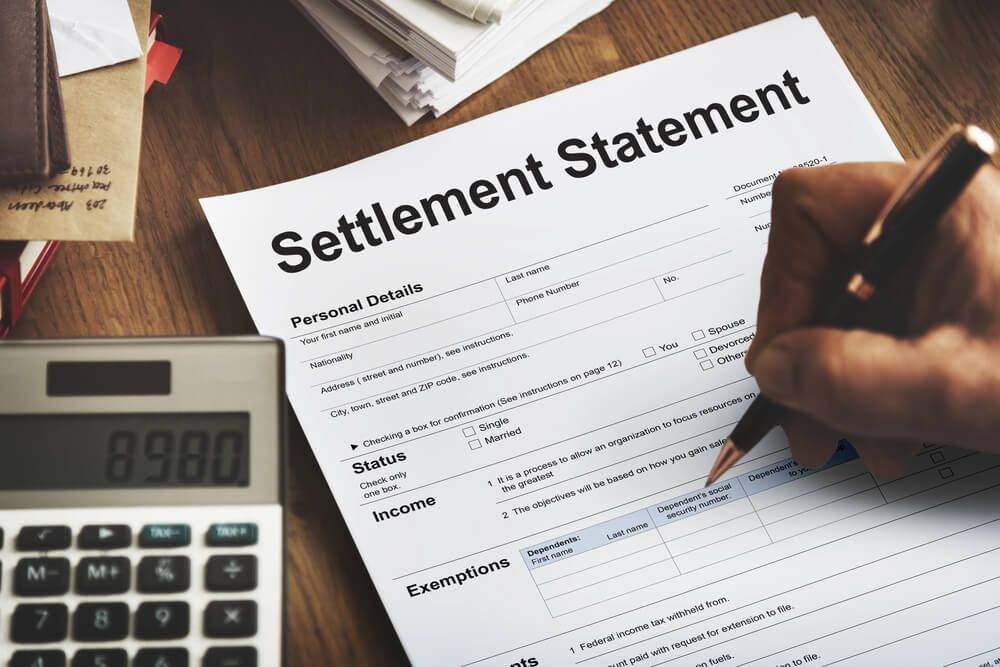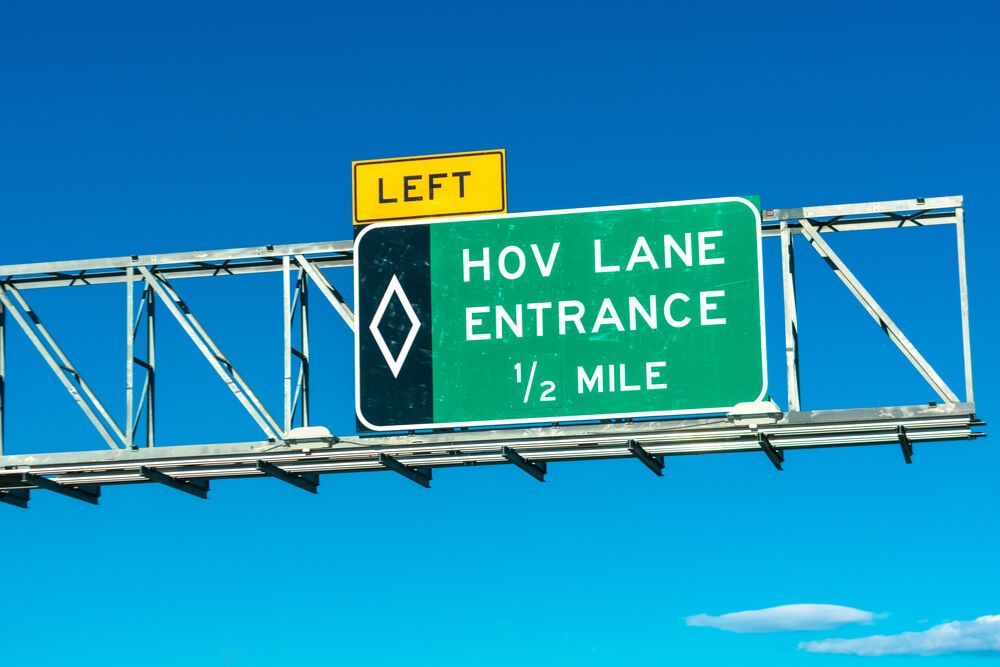Can a Lawsuit Be Reopened After Settlement?
Recent Blog Posts
Can a Lawsuit Be Reopened After Settlement?
In most cases, a lawsuit cannot be reopened after settlement, though exceptions do exist. New circumstances can make it clear that you deserve more compensation than what the original settlement included. Knowing when a lawsuit can be reopened after settlement will ensure you can pursue the rightful outcome.
What Happens After You Agree to a Settlement?

After you agree to settle a lawsuit, it becomes legally binding for both parties who signed the agreement. This means that you agree to accept the result without the possibility of pursuing further compensation for the incident in question. The other party must pay the agreed-upon settlement, but it can still take four weeks or more to process before you get your money.
Keep in mind that the compensation awarded is generally taxable. Under tax implications outlined by the IRS, lawsuit settlements are a source of taxable income unless exempted by another part of the Internal Revenue Code. Settlements received for nonphysical events are taxable, but IRC Code 104 exempts settlements for personal injuries and physical injuries at large.
After agreeing to a settlement, it is a good idea to consult with your personal injury attorney before spending any of the settlement money. It is possible that portions of the settlement may be taxable, even if it was a personal injury case.
Can a Settlement Be Reversed?
Yes, it is possible to reverse a settlement if specific circumstances apply. If you can prove that the other party committed fraud or coerced you into accepting an unfair offer, it may be possible to secure a new settlement. The court might also reverse a settlement if new evidence comes to light, but this entails proving that the new evidence would make a significant difference in the outcome.
If there was a mutual mistake during the investigation or negotiation, and that mistake led to you receiving an unreasonable settlement, then it may be possible to reverse it. A reasonable offer is one that adequately pays for your damages and addresses the other party’s degree of liability in the case. An honest mistake should not bar you from receiving a fair and reasonable outcome.
Does a Settlement End a Lawsuit?

When the plaintiff accepts a settlement, it typically ends the dispute between the two parties. It will no longer be possible to pursue legal action pertaining to the damages rendered in that case.
However, the lawsuit will resume if you choose not to accept the settlement offered by the other party. If this happens, the case will proceed with further investigations, hearings and trial proceedings until the judge hands down a settlement order.
Even if you settle, a case can be reopened after settlement if the presence of fraud, mistakes or new evidence necessitates it. This would resume the legal action that was previously considered closed.
Sargon Law Group Can Help You Secure a Favorable Settlement
It is understandable to have concerns about whether you are getting a fair settlement, even after closing your case. Our team of Phoenix injury lawyers at Sargon Law Group proudly assist people in Arizona, California, New Mexico and Colorado with settlement matters. Contact us today with any questions you might have about your settlement.





